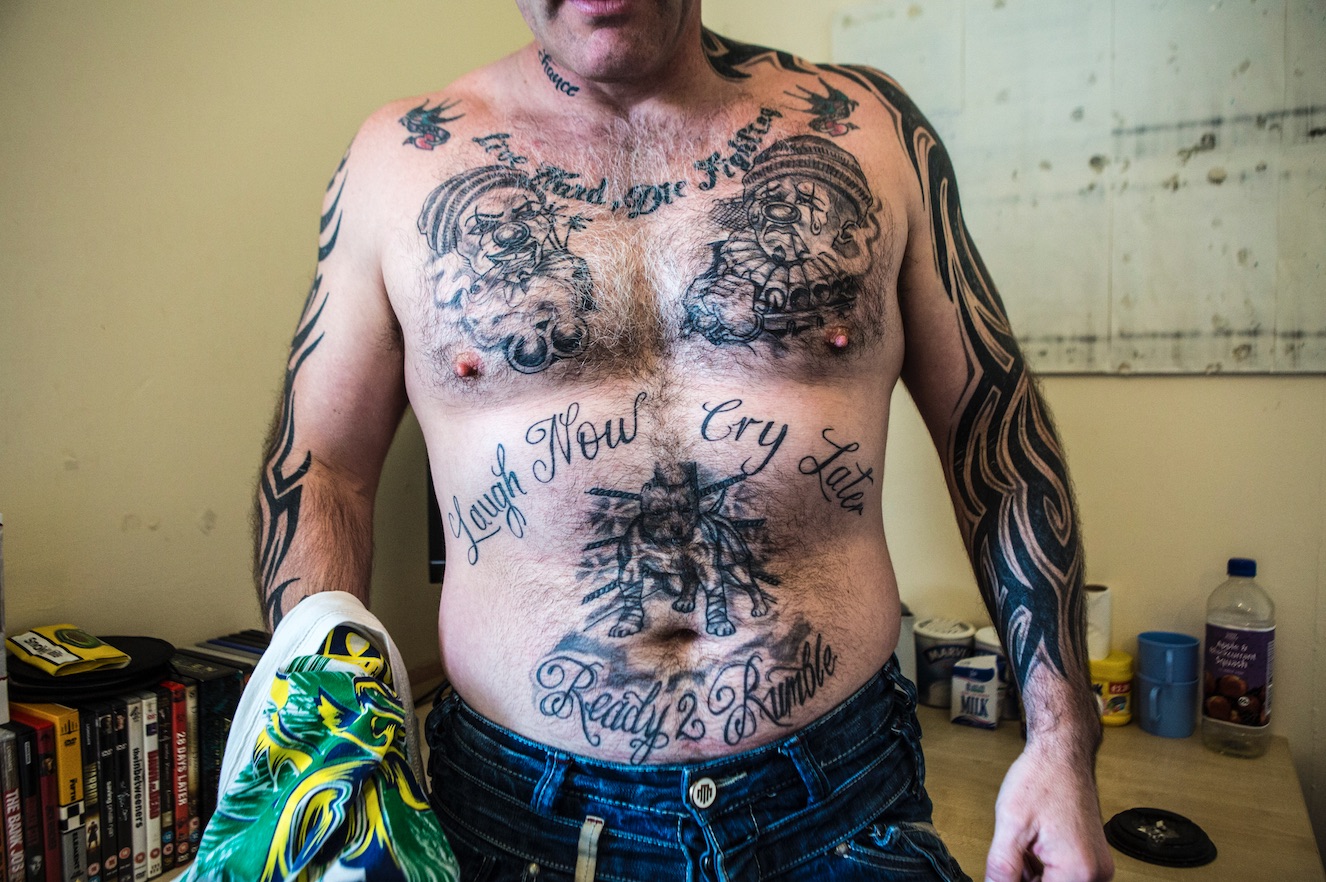Four prisons were described as ‘squalid’ by independent prison watchdog bodies. A new report, bringing together findings from independent monitoring boards (IMBs) across England and Wales from late 2017 to 2018, has described the physical condition of UK prisons as ‘extremely depressing’ and identifies staff shortages, new psychoactive drugs and deteriorating infrastructure as among the biggest challenges facing prisons.
Many boards criticised the practice of housing two prisoners in cells designed for one. The board at HMP Bristol commented that the prison was ‘a run down, unhygienic, dated and shabby environment for prisoners and staff alike and not conducive to promot[ing] good behaviour, wellbeing, hope and/or rehabilitation.’
One in two prisoners at HMP Long Lartin and 400 at HMP Coldingley were forced to use buckets as toilets thanks to unreliable sanitation systems at night. This was described as ‘inhumane and undignified’ and ‘degrading and insanitary, even when it works’. At HMP Exeter, the local board reported that waste and excrement were on the floor in the bathrooms and urinals overflowed. The toilets were in such a state of disrepair that prisoners had to use buckets to flush them.
The national chair of the IMBs, Dame Anne Owers, explained that there are still ‘serious and ongoing problems in prisons.’ She continued: ‘The decline in safety, conditions and purposeful activity in prisons over the last few years has seriously hampered their ability to rehabilitate prisoners.’
There are 117 IMBs in England and Wales. The groups are made up of volunteers from local communities, who have full rights of access to prisons, prisoners and records. They visit their local prisons a few times per month.
According to the report, staffing issues have also afflicted ‘every kind of prison and every aspect of prison life’. Some prisons have been forced to cope with insufficient numbers of staff. At HMP YOI Winchester, the consequence was that up until mid-2018, most prisoners were spending as long as 23 hours a day in their cells.
Almost all prisons have had to hire inexperienced young staff to fill gaps, creating new safety risks. IMBs at HMP Brixton, HMP YOI Winchester, HMP Lincoln and HMP Nottingham recorded that half the staff had been in post for less than a year. At HMP YOI Chelmsford, seven in ten staff members had less than two years’ service. This, the report maintains, has created more instability and inconsistency, undermining the potential for sustained positive interactions between staff and prisoners.
In her introduction to the report, Dame Anne Owers explains that the English and Welsh prison system is in a state of ‘fragile recovery’. She writes: ‘In my own visits, I could not help but be struck by the visible decline in safety, control and the expectations of both prisoners and staff since I last visited them, as Chief Inspector of Prisons, in 2010.’
New psychoactive substances were also pinpointed as part of the troubling picture the IMB report paints. It gives the example of HMP The Mount, where a drug recovery wing ‘had to be shut down because there were too many drugs, and when it moved to another wing, the drugs, bullying and violence moved with it.’
Another area of prison management that came in for criticism was the over-use of segregation for prisoners with complex needs. The IMB report from HMP Lowdham Grange suggested that ‘almost all of the prisoners held for over 100 days [in segregation] were judged by healthcare to have complex mental health needs’. It concluded that ‘this does not constitute humane and decent treatment’. This assessment was exacerbated by the ‘poor physical conditions’ in many segregation units. At HMP YOI Winchester, the unit was described as ‘a dungeon’, with seven cells ‘in poor condition, with damp walls and peeling paint’.
Among several ‘promising initiatives’ identified by the report were the prison estate transformation programme, the roll-out of offender management in custody, and the new drug strategy. However, the report cautioned, ‘it will take time before prisons can not only stabilise, but progress’.







